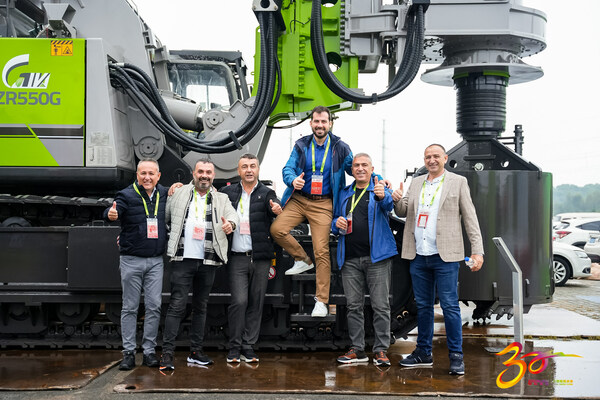 |
SINGAPORE, May 6, 2025 /PRNewswire/ -- Presenting fatherhood as cool, admirable and masculine is likely to headline a new fertility rebound initiative across the Asia Pacific region as birth rates continue to fall at alarming levels.
Renowned reproductive endocrinologist Emeritus Professor Dominique de Ziegler said a "gender revolution" had seen increasing numbers of women delaying motherhood to enter the public sector in pursuit of professional careers.
"The fact is that for many of these women attempts to start a family may be delayed to their thirties and early forties when their fertility is in sharp decline," he said.
"To address this reality, family building strategies should focus on encouraging men into the private sphere by promoting active fatherhood and recognising that childcare is not only a mother's job."
Professor de Ziegler is Co-Chair of a new Population Sustainability action group of the Asia Pacific Initiative on Reproduction (ASPIRE), the peak regional body for scientists, clinicians, nurses and counsellors in assisted reproduction.
Speaking at the ASPIRE 2025 Congress in Singapore, Professor de Ziegler, said fertility decline resulted from two distinct causes.
"Some couples do not want to have children while for others the ultimate family size ends up being smaller than desired," he explained.
"Numerous social measures are being advocated to increase birth rates by lowering the financial burden of raising a family.
"Assisted reproductive technology can also help reduce the gap between the desired and actual family size by favouring fertility preservation through egg and embryo freezing.
"But generating a fertility rebound should include redefining the role of fatherhood and including men more centrally in the family.
"This is already happening in Japan where companies are being rewarded for actively supporting fatherhood and fathers are being promoted as role models in enjoying child rearing."
Professor de Ziegler is based in Cambodia where he has long experience is social and family issues. He is also a reproductive specialist at the Foch Assisted Reproductive Technology Centre in France.
He said the ASPIRE special interest group on population sustainability was harnessing experts in a range of disciplines, including medicine and economics, to consider evidence-based insights and family building strategies with the intention of presenting recommendations to governments and policy makers.
"Countries in the Asia Pacific region will be central to our endeavours because this part of the world is the most severely concerned by issues related to fertility decline and its consequences," Professor de Ziegler added.












